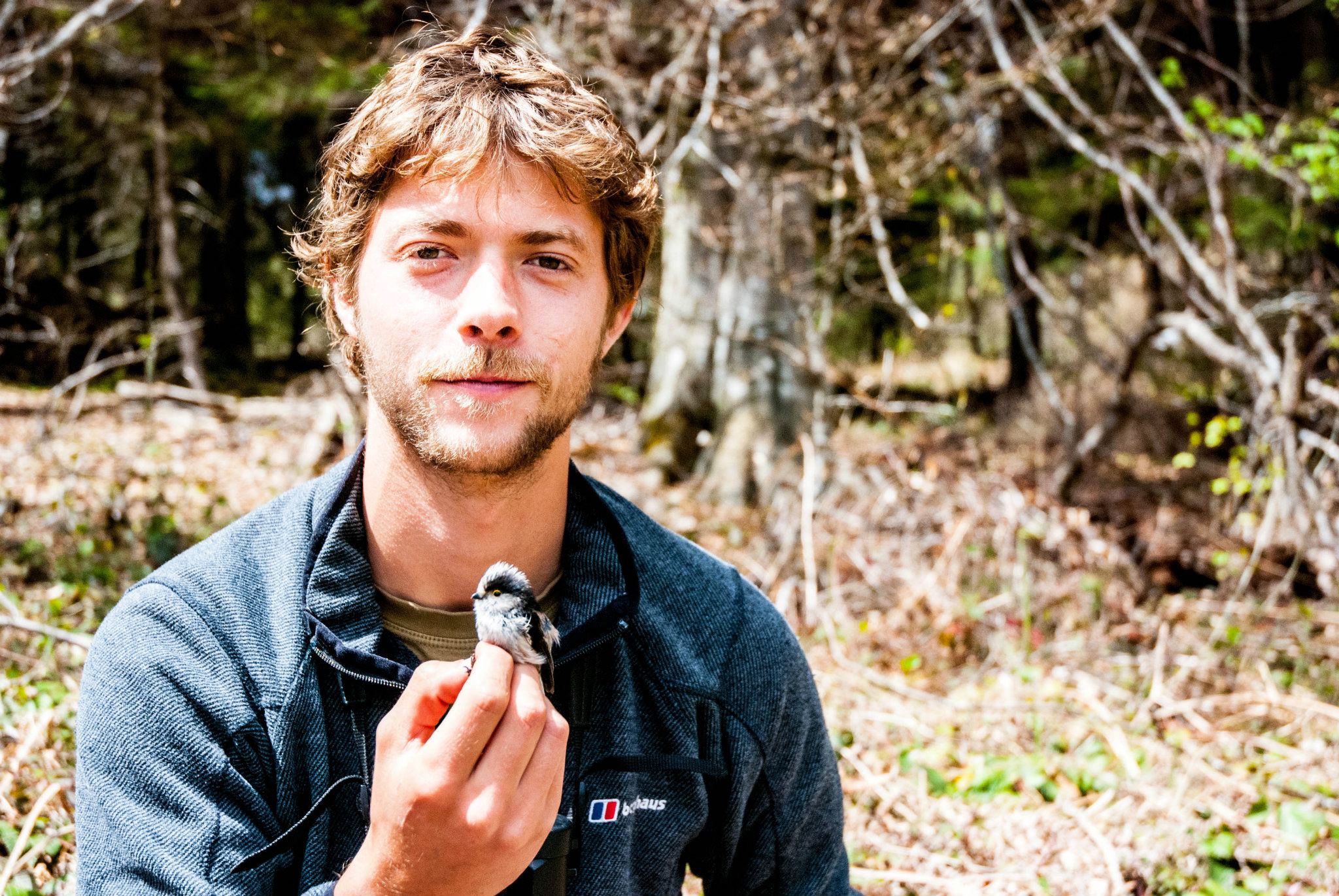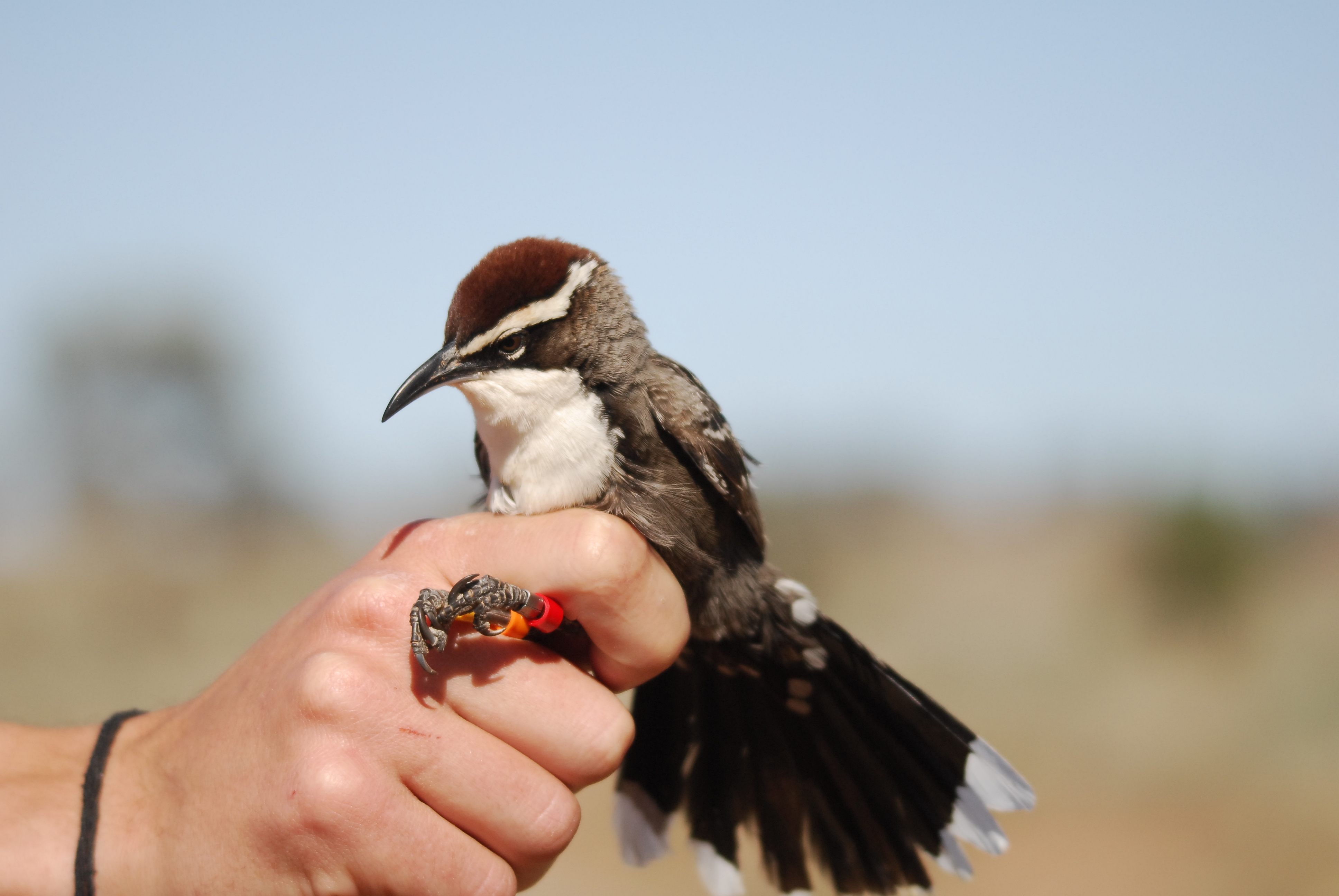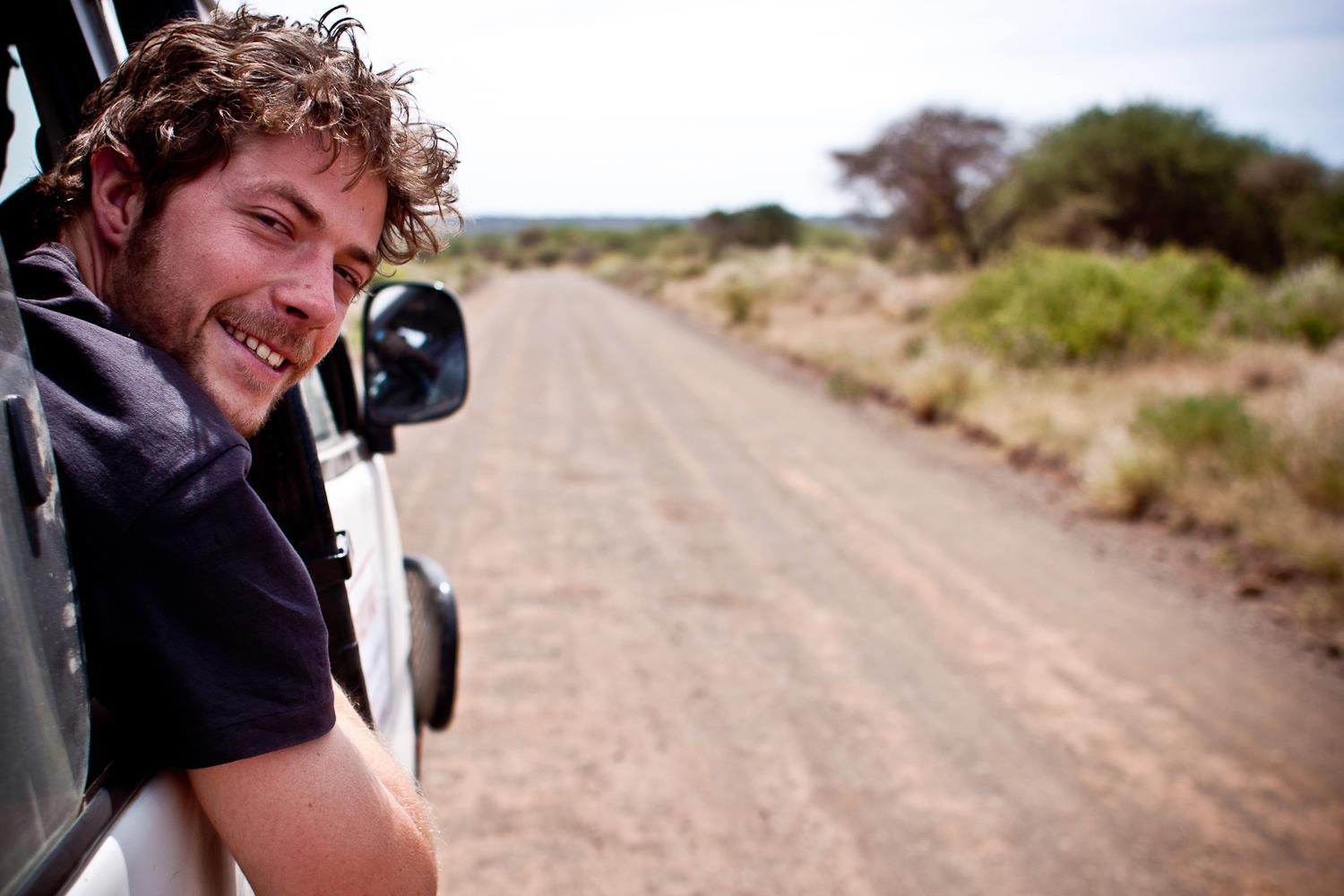We are looking back on some of our MSc graduates who have excelled in scientific research, ecology and conservation around the world since studying with us.
Today we meet Matt who graduated from MSc Evolutionary and Behavioural Ecology in 2012 and is now the WildLearning and Communications Specialist at WildTeam UK.

Hi Matt, it’s been almost 10 years since you studied with us, why don’t you tell us a bit about your career in that time that led you to where you are now?
After my MSc I took a position as field assistant on Professor Andy Russell’s chestnut-crowned babbler study system in Australia. I then applied for a PhD on the same system. During my PhD, I became interested in science writing and communication. On completing the PhD, I did a 5-month writing fellowship in India, funded by the Ashoka Trust for Research in Ecology and the Environment and the Foundation for Ecological Security. For this, I visited conservation projects around the country, learning about their work and finding ways to document and share it with a wider audience. As I was starting the fellowship, a part-time communications job was advertised at WildTeam UK. I applied and was successful, so during my time in India I fitted this job around the fellowship. On returning to the UK, I was offered a full-time position at WildTeam, taking on addition roles including helping to develop best-practice manuals on a range of conservation topics, and delivering training workshops based on these manuals. At the start of 2021 I reduced my hours with WildTeam by one day a week to give me time to pursue a side-project exploring possibilities for combining rewilding and regenerative agriculture to facilitate both effective wildlife conservation and sustainable food production in the UK.
We are glad you had such wonderful opportunities during your MSc with us. What do you think makes the University of Exeter, Penryn Campus such a special place to study?
I’m not sure there is anywhere else in the country where you can find a top-level academic department in such a stunning location. Falmouth is a brilliant little town – I have chosen to stay and live here after completing my studies. It manages to be both a beautiful Cornish seaside town, with stunning beaches and coast, and a very vibrant place to live, with some fantastic pubs and bars.
 What are your highlights from studying at the University of Exeter?
What are your highlights from studying at the University of Exeter?
The thing I enjoyed most about studying at the University of Exeter’s Penryn campus was the sense of energy and excitement. Everyone in the department is so passionate about what they do and there is a drive and purpose that is very motivating. The best aspects of studying my course were the opportunity to learn from and work with some of the top researchers in the field, in an incredibly beautiful place, and the field trips which enabled us to apply what we were learning to real-world situations, both here in Cornwall and abroad.
How did you choose your career path? Is there anything in particular you most enjoy?
I think the thing I enjoy most is the diversity. I do three different jobs for WildTeam UK, so that is very exciting. And I love the chances this job gives me for having international conservation impact. In addition, the flexibility of the job means I am able to pursue my own side-projects. I started last week helping to create a best practice manual on monitoring and evaluation and ended it on a sheep shearing course!
What skills or experiences from your studies at the University of Exeter helped prepare you for your career?
I haven’t followed a conventional career path since graduating, and I think it is testament to the broad range of skills taught on my MSc I that I have been able to go in the direction I have. To begin with I began on an academic path and the analytical research skills I learnt were perfect for enabling this. Subsequently, I decided to go in a different direction, first into science communication, then into the conservation charity sector and most recently into regenerative agriculture and rewilding. I think the skills I learnt during my MSc programme and the support and guidance given by staff were key in giving me such a wide range of options.

Do you have any advice for those looking to pursue something similar?
Take opportunities and have fun. I have never had a single career path in mind. I have always just taken or pursued opportunities that I found exciting and seen where that took me. So far, I’m loving the adventure.
Finally, do you have any plans for the future?
I love my job with WildTeam, so I hope I can continue to be a part of building the charity in coming years. I also hope to develop my side-projects further.
Thank you Matt!
If you want to read more profiles from MSc Evolutionary and Behavioural Ecology graduates follow this link or explore our Graduate in Focus homepage to learn more about the degree programmes we have on offer!

